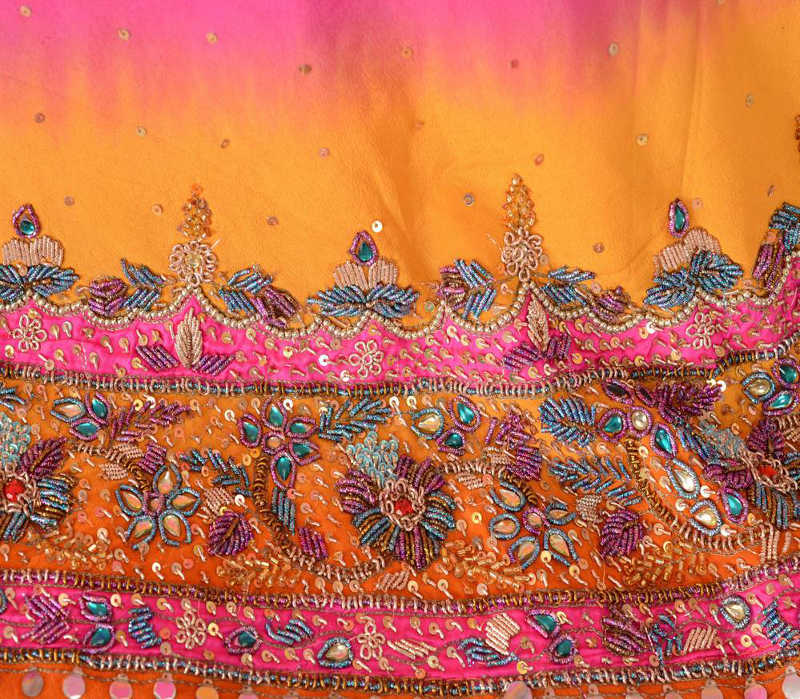===
0263,
2
===

=== |
 |
chalā jānā : 'To go away, depart, be off; to go on or along, to proceed, to continue; to last'. (Platts p.438)
FWP:
SETS == IDIOMS; MAGAR
MOTIFS
NAMES == AUJ BIN ANAQ
TERMS == 'MEANING-CREATION'There's also a wonderfully ambidextrous use of magar . If we take it to mean 'but', then hope keeps moving on, 'but' it's as surely doomed as the leg of Auj bin Anaq. If we take it to mean 'perhaps', then we're speculating about its nature-- does it grow so implausibly gigantic because it's really (like) the leg of Auj bin Anaq?
Note for grammar fans: In modern usage, chalā jānā more often than not means 'to go away, to move along elsewhere'. That sense is possible, but here the secondary meaning of something like 'to continue, to persist' seems more what's intended (see the definition above). Maybe usage might have shifted a bit, since Mir's day.